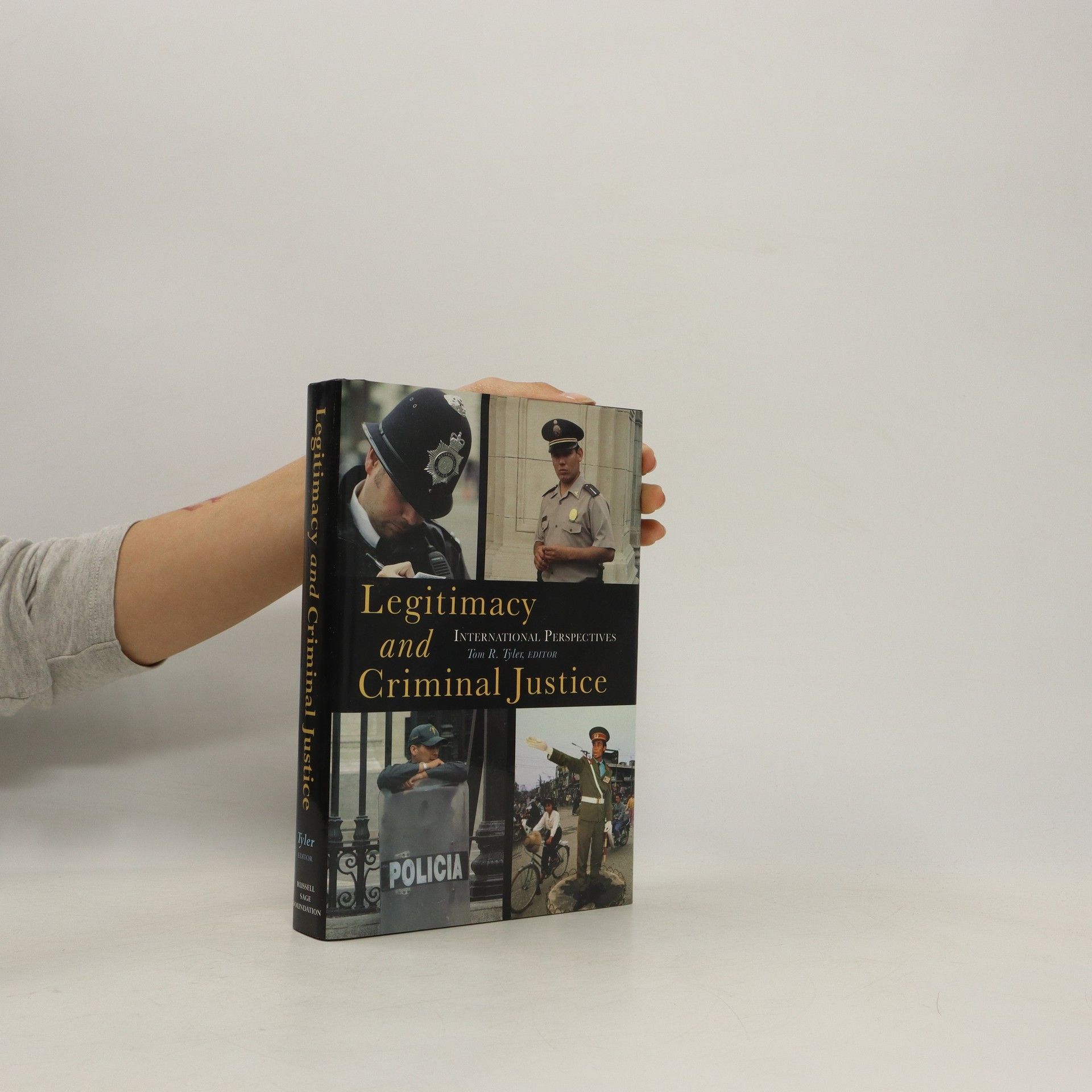Malcolm Root's Pageant of Transport
- 144 stránok
- 6 hodin čítania
Two previous books in this series, Malcolm Root¿s Railway Paintings and Malcolm Root¿s Transport Paintings, have shown that there is an almost insatiable demand for the paintings of Malcolm Root. An obvious reason for this is the public¿s appetite for recalling life in Britain as it used to be, and as it is so accurately portrayed in each picture. But there is more to this success than pure nostalgia, for the paintings, while meticulous in their detail, are not simply photo-like representations of times past, they are works of art in their own right. It is the skill of the artist, combined with his carefully chosen subjects, that strike an instant chord with his admirers. In this volume Malcolm Root's stunning pictures have been arranged to provide a stirring pageant of the development of transport down the centuries, and in particular over the last one hundred years during which the greatest pace of change has taken place. With each painting supported by a delightful personal text from Tom Tyler this is, once again, a book to treasure and to look through again and again.



